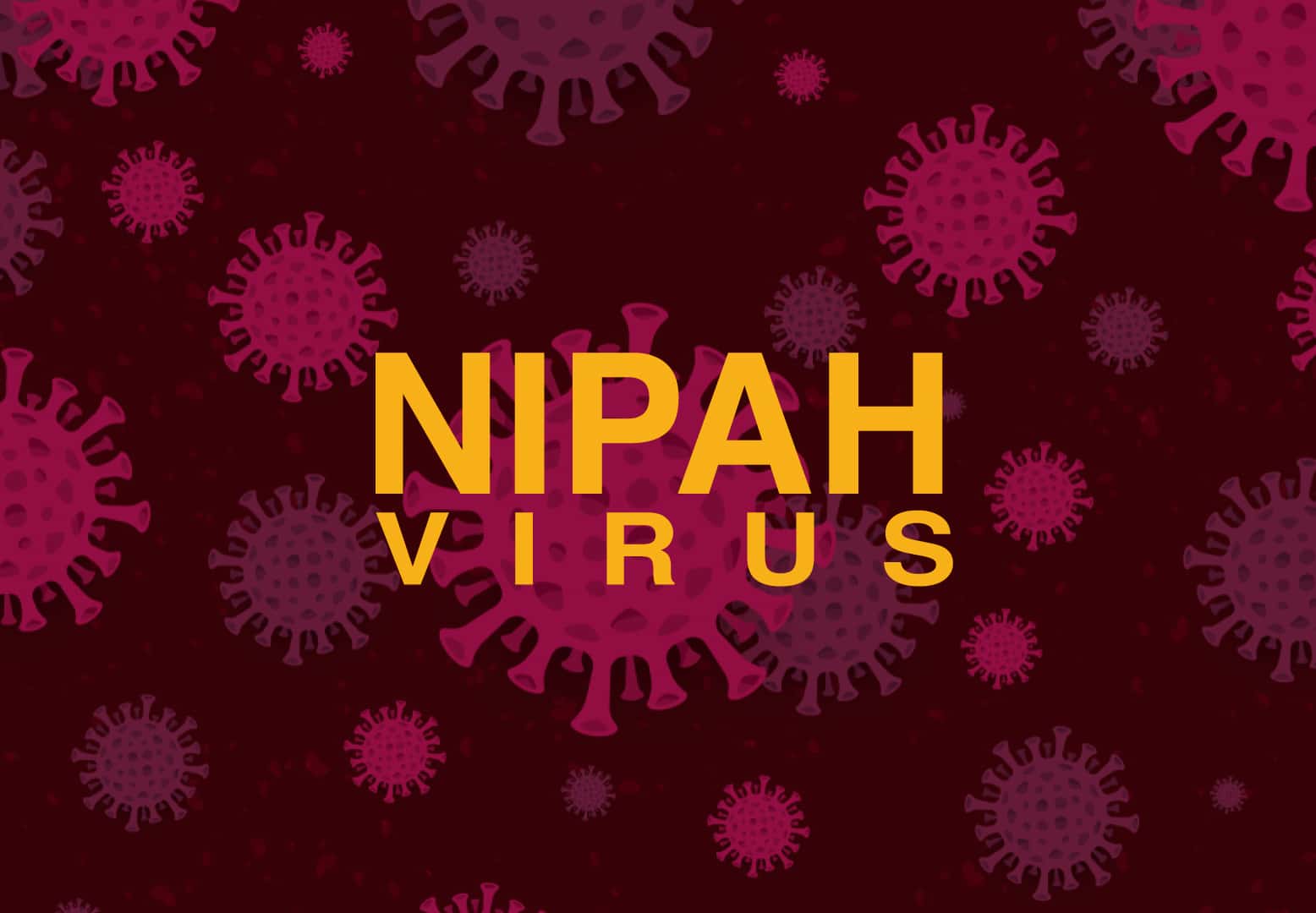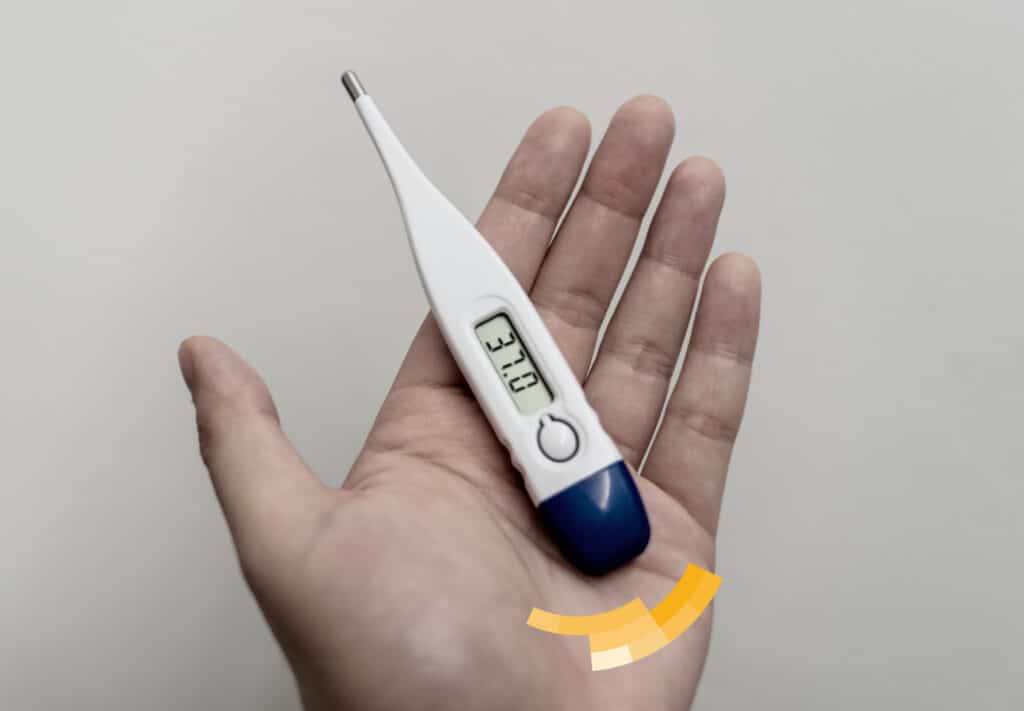Last Updated:
- October 19th, 2023
- 6:58 pm
(2 min. read)

Dr. Pyae Paing Haine
Medically Reviewed

At LUMA we believe that knowledge is the first line of defense against health threats. In this comprehensive guide, we delve into the intricacies of Nipah virus (NiV), shedding light on its origins, transmission, symptoms, and, most importantly, how to safeguard yourself and your loved ones. Join us on this journey to better understand Nipah virus and learn how to protect yourself in areas with known transmission.

What is Nipah Virus?
Nipah virus is a zoonotic virus, meaning it can spread between animals and humans. It primarily originates from fruit bats, also known as flying foxes. However, the virus can also be transmitted through other animals like pigs, goats, horses, dogs, and cats. NiV spreads through various means:
- Direct Contact with Infected Animals: Transmission occurs when people or animals come into contact with the bodily fluids (blood, feces, urine, or saliva) of an infected animal.
- Contaminated Foods: Consuming food products that have been contaminated by an infected animal can also lead to infection. Particular care should be taken with raw date palm sap or fruit.
- Person-to-Person Transmission: NiV can spread from person to person through bodily fluids. Therefore, close contact with an infected individual, especially when caring for them, carries a risk.
The key to avoiding Nipah virus is to steer clear of sick animals, particularly bats and pigs, in areas with known transmission. Additionally, exercising caution with food products that can be contaminated by infected animals is essential. Given that the virus can spread from person to person through bodily fluids, taking precautions when around someone with Nipah virus is crucial.
Where is Nipah Virus Found?
Nipah virus outbreaks predominantly occur in parts of Asia, with Bangladesh and India experiencing almost yearly occurrences. The virus made its grim debut in 1999, causing 100 fatalities in Malaysia and Singapore and leading to the culling of over a million pigs due to its economic impact. Since then, there have been approximately 20 additional outbreaks.
Travelers should exercise extra caution when visiting countries susceptible to Nipah virus, including Bangladesh, Malaysia, Singapore, and India. Other regions such as Cambodia, Indonesia, Madagascar, the Philippines, and Thailand may also be at risk, as the bat species responsible for transmitting the virus is present in these areas.

What are the symptoms of Nipah Virus?
Initial symptoms of Nipah virus infection may include:
- Fever
- Headache
- Breathing difficulties
- Cough and sore throat
- Diarrhea
- Vomiting
- Muscle pain and severe weakness
These symptoms typically manifest within four to 14 days after exposure to the virus. It’s common to experience fever or headache initially, with respiratory problems like cough and breathing difficulties developing later on.
In severe cases, the virus can lead to encephalitis (inflammation of the brain), a life-threatening condition. Other severe symptoms encompass confusion, slurred speech, seizures, coma, and respiratory distress. Intriguingly, some individuals with the virus remain asymptomatic.
What Does Nipah Virus Do to Humans?
Nipah virus can be deadly, with a mortality rate ranging from 40% to 75%, depending on the efficiency of health officials in managing outbreaks.
What Causes Nipah Virus?
Investigations traced the virus back to bats, which transmitted it to pigs. If an infected bat or pig spreads its bodily fluids to another animal, they, in turn, become carriers. Similarly, human contact with the bodily fluids of these animals, including urine, feces, blood, or saliva, can lead to infection. Even food products can be contaminated, such as fruit, raw date palm sap and infected pork. Additionally, individuals who frequent areas where bats reside have also contracted Nipah virus.
How Contagious is Nipah Virus?
Nipah virus is contagious and can be transmitted through bodily fluids, including saliva, feces, urine, nasal droplets and blood. Caregivers should be especially cautious, as the virus can spread when an infected person coughs or sneezes.
Is Nipah Virus Airborne?
Nipah virus can spread through respiratory droplets, making it airborne when an infected person coughs or sneezes.

What are the Risk Factors for Nipah Virus?
The main risk factors for Nipah virus include interacting with bats, pigs, and infected humans, especially in areas with outbreaks. Consuming raw date palm sap or fruit poses a risk, as bats may contaminate them with bodily fluids.
How is Nipah Virus Diagnosed?
Healthcare providers diagnose Nipah virus by reviewing symptoms and assessing recent travel history to affected areas. In the early stages of infection, a real-time polymerase chain reaction (RT-PCR) test can confirm Nipah virus using bodily fluids such as nasal or throat swabs, cerebrospinal fluid (CSF), urine samples, and blood samples. In later stages or after recovery, the infection can be diagnosed by testing blood for specific antibodies using enzyme-linked immunosorbent assay (ELISA).
How is Nipah Virus Treated?
Currently, there are no antiviral medications to treat Nipah virus. The primary focus of treatment revolves around the management of symptoms, encompassing.
- Staying well-hydrated
- Getting adequate rest
Supportive care and symptomatic treatments are recommended.
Researchers are exploring the use of monoclonal antibody treatment for Nipah virus, offering hope for future treatment options.
Short trip around Asia?
How is Nipah Virus Treated?
Currently, there are no antiviral medications to treat Nipah virus. The primary focus of treatment revolves around the management of symptoms, encompassing.
- Staying well-hydrated
- Getting adequate rest
Supportive care and symptomatic treatments are recommended.
Researchers are exploring the use of monoclonal antibody treatment for Nipah virus, offering hope for future treatment options.

Can I Prevent Nipah Virus?
Preventing Nipah virus is possible by following these precautions:
- Wash your hands frequently.
- Refrain from coming into contact with sick pigs or bats.
- Ensure proper cleaning and disinfection of pig farms, with infected animals immediately placed in quarantine.
- Steer clear of trees or bushes where bats are known to rest or sleep.
- Be cautious with food and beverages that may be contaminated, such as palm sap or fruit. Boil palm sap before consumption and wash and peel fruits thoroughly.
- Discard any fruit with bat bites or that has touched the ground.
- Refrain from exposure to the bodily fluids of individuals who are infected.
Do People Survive Nipah Virus?
Yes, survival is possible, but the mortality rate ranges from 40% to 75%. The outcome depends on the effectiveness of virus detection and management in affected regions. Symptoms can vary from mild fever and headache to severe brain swelling or death.
When Should I See My Healthcare Provider?
If you notice any symptoms associated with Nipah virus, especially after traveling to a region with documented outbreaks or tending to an infected individual or animal, it’s crucial to seek immediate medical attention. Early diagnosis and prompt medical care are vital in managing potential health risks.
Nipah virus remains a serious health concern, emphasizing the need for vigilance and awareness. Understanding its origins, modes of transmission, symptoms, and preventive measures is paramount to safeguarding your well-being and that of your community. It’s important to stay informed about the development of the virus, be sure to keep up to date and take precautions as seen fit.




